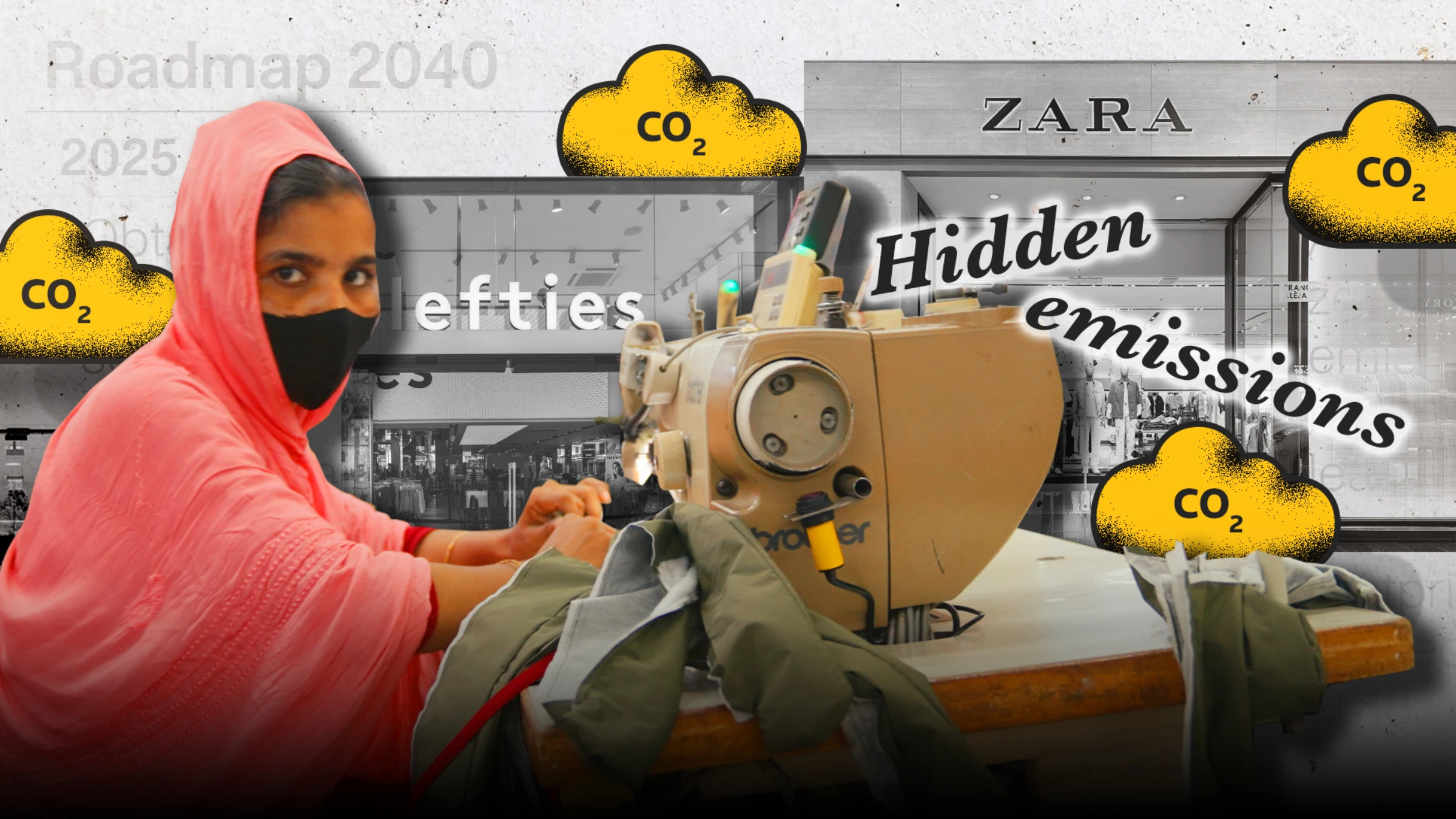Brazilians are eating less beef than ever. Is it enough to stop deforestation?

The Brazilian Amazon has lost nearly 1 million square kilometres of rainforest in the last three decades, and our appetite for beef is the main culprit. Millions of cattle and thousands of slaughterhouses occupy once-pristine rainforest, and it’s not just cows: the production of soy and corn, two key commodities in feeding the global livestock industry, are also contributing to deforestation, which in turn worsens climate change.
These industries fuel a Brazilian love affair with beef, the essential dish from all-you-can-eat barbecue joints to dining tables in homes across the country. But even as Brazilians are eating less beef due to food inflation, global demand for beef is expected to grow, especially in Asia, and environmental protection laws are struggling to stop deforestation.
We visited the agricultural heartland of Brazil to find out how dependent the world is on Brazilian beef, and if stopping deforestation means quitting the steak habit.























